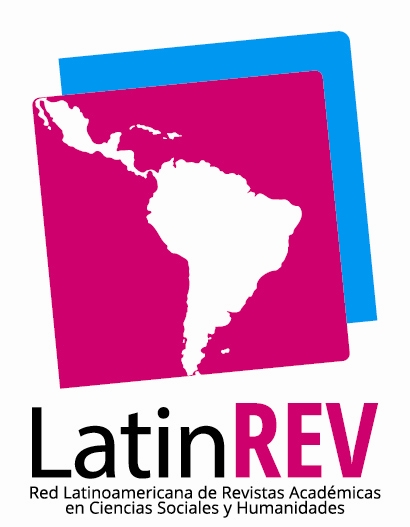The pottery of educational research in Language and Literature: the creative process of flowing, transforming others and yourself through education
Keywords:
Pottery, Language, Literature, Teaching Practice, ResearchAbstract
This work arises from the intention of initiating a dialogue between students and professors in the university carrear to being a teacher of Letters. This dialogue is to reflect about the reason of training in educational research, and its possible articulations with what is generated in educational practices in Language and Literature in contexts with different degrees of formalization.On this tour the potter's metaphor emerged as a mediator in which we put to play the reflections of the field. It helps to find the possibility of materializing them in a handmade process that, as an image or a succession of images, is becoming an enabler for understanding which allows us to generate multiple questions in which the educational processes are related, as wellas those connected to the construction of knowledge.We associate the idea of Educational Research with the handmade process, and not with a series production; in which the molds are given to us and our task as teachers is reduced to adjust our reality toexternal parameters. We want to invite ourselves and you to look at our own practices, to attend to the processes in detail, to link academic theories with everyday theories, within the framework of conceiving the teacher as a potential research teacher.
Downloads
References
Bombini, G. (2017). Reinventar la enseñanza de la lengua y la literatura. Buenos Aires, Argentina: El hacedor.
Enriquez, P. (2007). El docente Investigador: Un mapa para explorar un territorio complejo. San Luis, Argentina: LAE - UNSL.
Imbernón Muñoz, F. (2012). “La investigación sobre y con el profesorado. La repercusión en la formación del profesorado. ¿cómo se investiga?”, en REDIE. Revista Electrónica de Investigación Educativa, Vol. 14, N° 2, 1-9.
Maturana, H. (1990). Emociones y lenguaje en educación y política. Santiago de Chile: Dolmen.
Oviedo de Benosa, S. (2004). La representación social del conflicto: una significación social imaginaria en una escuela primaria. Buenos Aires: Miño y Dávila.
Sirvent, M. T; Toubes, A.; Santos, H.; Llosa, S.; Lomagno C. (2006). “Revisión del concepto de Educación No Formal”, en Cuadernos de Cátedra de Educación No Formal - OPFYL; Buenos Aires: Facultad de Filosofía y Letras UBA.
Sirvent, M. T. y Rigal, L. (2016) “El esquema tridimensional del proceso de investigación. Desarrollo de sus componentes y su traducción en la cocina de la investigación”, en Metodología de la investigación social y educativa diferentes caminos de producción de conocimiento (en elaboración).
Taylor y Bodgan (1992). Introducción a las metodologías cualitativas. Barcelona, México: Paidós, Buenos Aires.
Vasilachis de Gialdino, I. (2006) Estrategias de Investigación cualitativa. Barcelona, España: Gedisa.
Vasilachis de Gialdino, I. (2003). Pobres, pobreza, identidad y representaciones sociales. Barcelona: Gedisa.
Zeichner, K. M. (1993). El maestro como profesional reflexivo. Madrid: Morata.
Downloads
Published
Issue
Section
ARK
License
Copyright (c) 2019 Gabriela Luciano, Noelia Barrios, Macarena Monzón

This work is licensed under a Creative Commons Attribution 4.0 International License.






